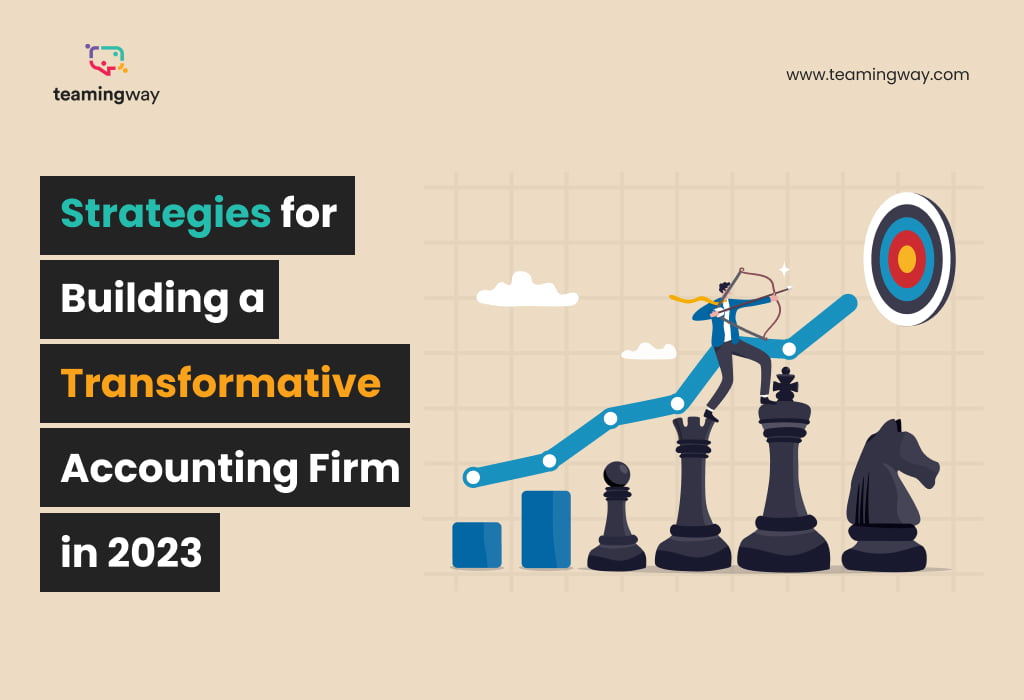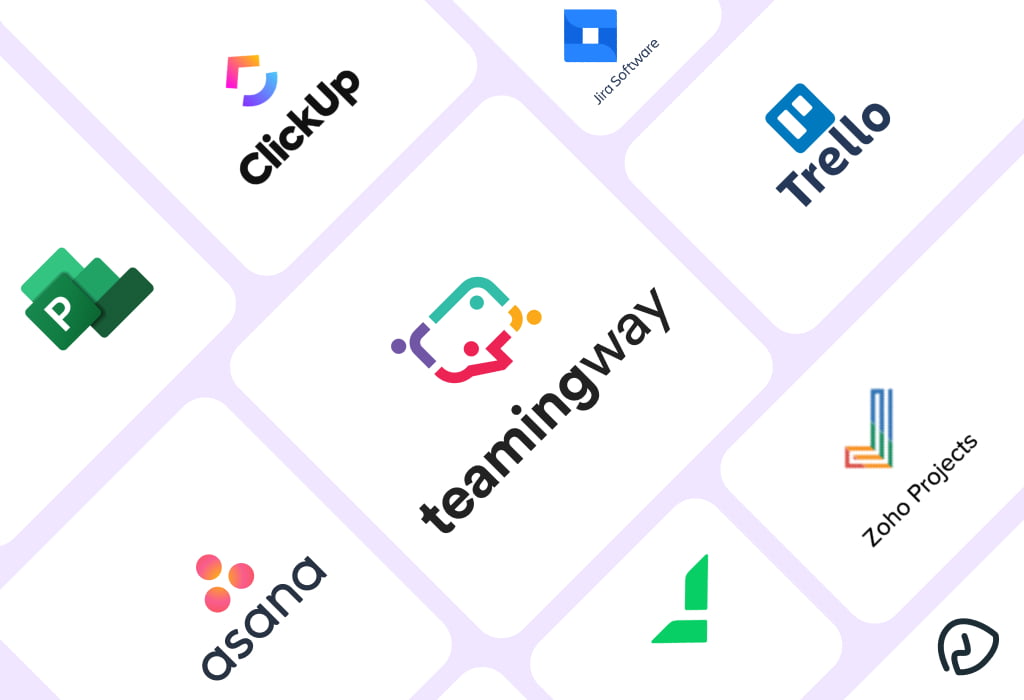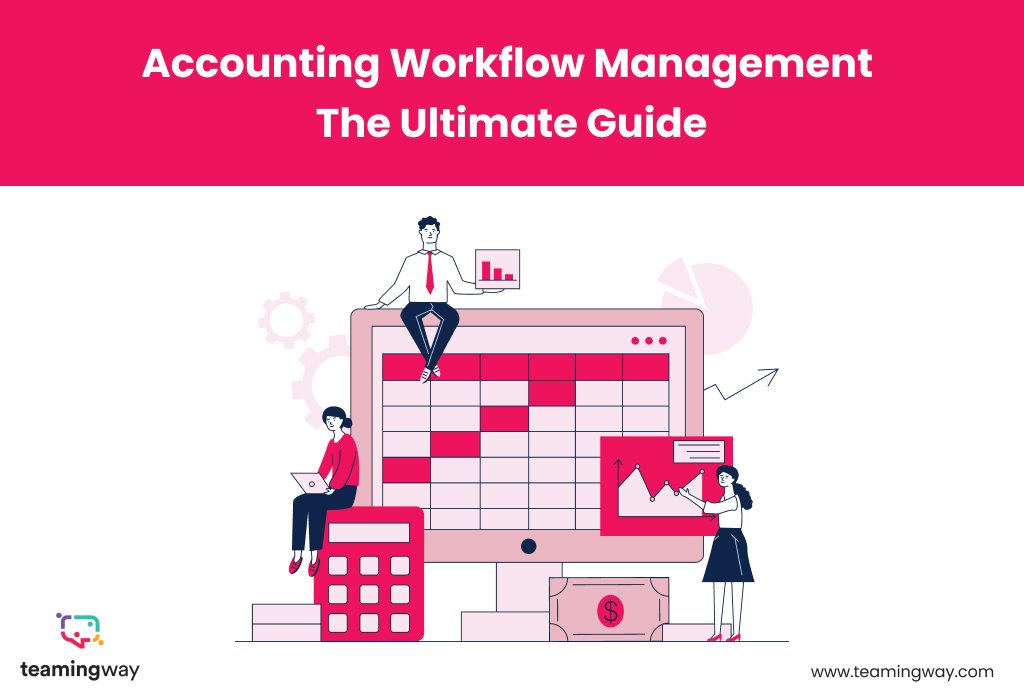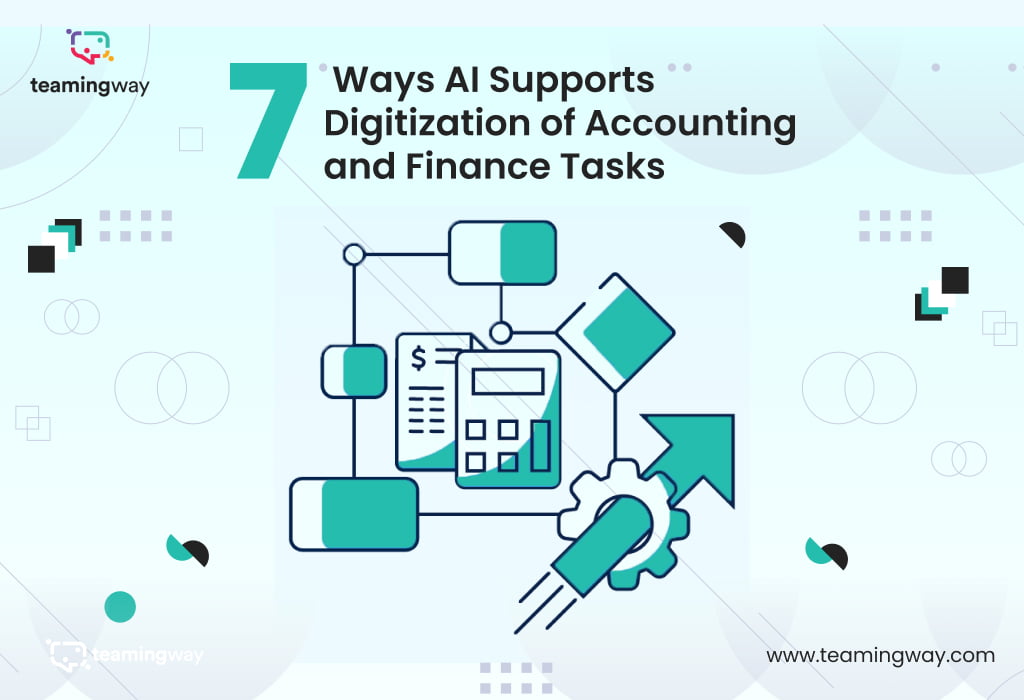
The Impact and Importance of AI in Accounting and Finance
The impact of Artificial Intelligence (AI) on accounting and finance is nothing short of remarkable. It has revolutionized how professionals in these fields accomplish their tasks, ushering in a new era of efficiency and productivity.
AI brings automation to the forefront, liberating us from the monotony of repetitive and time-consuming activities. Tasks like data entry, reconciliation, and auditing can now be seamlessly delegated to intelligent machines, freeing up our time to focus on more strategic and analytical aspects of our work.
What’s truly impressive is the level of accuracy AI brings to financial processes. Manual data entry is prone to human error, which can have significant repercussions. However, AI minimizes these risks, ensuring meticulous attention to detail and enhancing overall accuracy. This level of precision is crucial in maintaining the integrity of financial records and reducing the likelihood of discrepancies.
The Evolving Landscape of AI in Accounting and Finance
The world of finance and accounting is undergoing a profound transformation with the rapid advancement of Artificial Intelligence (AI). As industries increasingly rely on computerized machines, there is a growing concern about the potential impact on human professionals. However, the future holds tremendous opportunities for professionals who adapt to this changing landscape.
In a recent study conducted by the Association of International Certified Professional Accountants, it was found that 78% of finance executives believe that AI will have a significant impact on the industry within the next five years.
Managing Business Productivity
Traditionally, financial professionals have been responsible for managing business assets and ensuring productivity. However, with the introduction of AI, the role is evolving. Instead of fearing job loss, professionals can embrace AI as a tool to enhance their efficiency and productivity.
AI enables professionals to perform routine tasks more effectively, freeing up their time to focus on higher-value activities. The integration of AI ensures accuracy and minimizes errors in financial transactions and record-keeping. By leveraging AI technologies such as machine learning and deep neural networks, professionals can make more informed decisions about recording and managing financial information.
Rather than replacing human professionals, AI serves as a valuable partner, augmenting their capabilities. It assists workforce managers in juggling multiple responsibilities and enables them to concentrate on areas that truly interest them, such as revenue generation and strategic financial planning.
While some fear that only those with advanced programming skills will be able to keep up, it’s important to recognize that AI complements human expertise, rather than rendering it obsolete. Embracing AI in accounting and finance opens up new avenues for growth and innovation.
As the landscape continues to evolve, it’s crucial for professionals to adapt and develop new skills to thrive in this changing environment.
Let’s take a look at how AI is digitizing accounting and finance tasks:
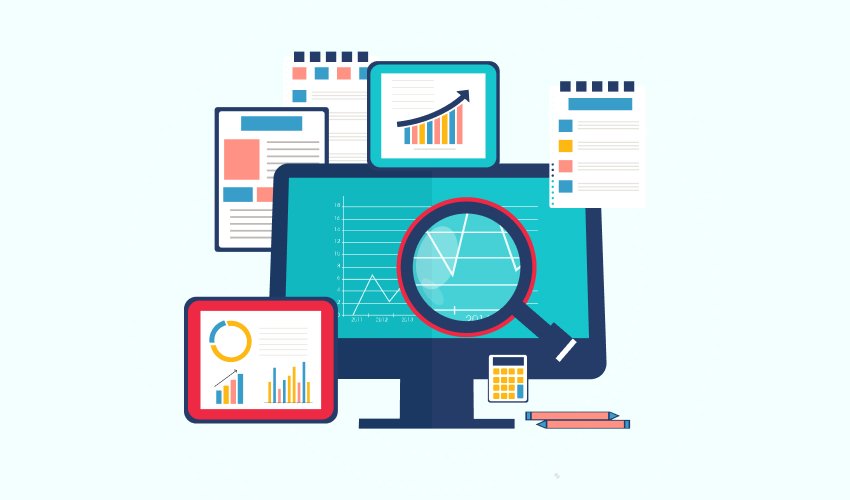
1. AI’s Impersonation of Human Intelligence
One of the fascinating aspects of AI in accounting and finance is its remarkable ability to replicate human operations. Through the deployment of AI applications and machine learning (ML), routine tasks that once demanded human intervention can now be automated with ease.
A study conducted by researchers at Stanford University found that an AI algorithm was able to match or exceed human performance in over 100 different tasks.
AI empowers professionals by automating processes like analyzing financial statements and managing complex data sets. By harnessing these technologies, companies can enhance productivity and redirect their human resources to more strategic and valuable endeavors.
2. Automation of Accounting tasks with AI
The rapid advancements in automation drive a significant transformation within the accounting profession, fundamentally reshaping traditional practices and workflows. By embracing this technology, organizations can achieve operational efficiency, and cost reduction, and position themselves as frontrunners in the digital era.
The integration of AI in accounting enables end-to-end automation of accounting practices. Repetitive and time-consuming tasks that were once handled manually can now be efficiently managed by AI systems. This automation not only frees up valuable time for accountants but also minimizes the risk of errors, leading to improved accuracy and reliability in financial processes.
3. Billing and Invoice Management with AI Automation
AI has greatly simplified billing functions for businesses worldwide, regardless of their size or industry.
The automation of billing processes through AI systems not only yields cost reductions but also guarantees a level of accuracy that is indispensable for businesses reliant on invoicing for revenue generation. In fact, a report by Deloitte found that organizations using AI for invoice processing experienced an average reduction of 60% in invoice processing costs.
By leveraging AI automation, businesses can streamline their billing and invoice management processes, eliminating manual errors and reducing the time and effort required for invoice handling. This technology ensures the timely and accurate generation, delivery, and processing of invoices, leading to improved financial operations and enhanced customer satisfaction.
4. Supplier Screening and Data Acquisition through AI
The advent of AI-powered systems enables businesses to efficiently screen suppliers and establish query portals, facilitating seamless access to critical business data.
AI algorithms can swiftly analyze vast amounts of supplier information, including their financial stability, reputation, and compliance history. By automating the supplier screening process, AI helps identify trustworthy partners while mitigating potential risks and ensuring compliance with regulatory requirements.
Moreover, AI-driven query portals empower businesses to extract relevant data and insights from various sources with remarkable speed and accuracy. Instead of relying on manual data collection methods, AI automates the retrieval of essential information, streamlining the decision-making process for finance professionals.
5. AI to Automate Procurement Process
In the realm of procurement, AI is paving the way for a paperless future. By automating the processing of unstructured data, AI enables procurement professionals to reclaim valuable time that would otherwise be spent on manual tasks. This newfound efficiency empowers them to delve deeper into results-driven strategies and make more informed decisions.
With AI at the helm, unstructured data, such as invoices, contracts, and vendor documents, can be effortlessly extracted, classified, and analyzed. This automation not only saves time but also ensures accuracy and consistency in data processing, eliminating the risk of human errors and enabling procurement teams to focus on higher-value activities.
6. Empowering Financial Processes with AI Advancements
The integration of Artificial Intelligence (AI) in financial operations is revolutionizing the way businesses manage their finances. AI-powered tools, devices, and applications offer a multitude of benefits, enabling organizations to streamline processes, enhance decision-making, and ensure the security and accuracy of financial information.
One of the significant advantages of AI in finance is the acceleration of processes while maintaining a high level of accuracy. AI algorithms and intelligent systems can swiftly analyze vast amounts of data, allowing for faster and more informed decision-making. From analyzing market trends and customer behavior to optimizing investment strategies, AI empowers financial professionals to make better decisions based on reliable insights.
7. Enhancing Internal Auditing through the AI
One of the most prominent areas where AI is expected to have a significant impact is internal auditing. Traditionally, internal auditors have had to rely on manual methods to extract information from paper documents, leading to time-consuming and error-prone processes. However, with the advent of AI, advanced technologies like optical character recognition (OCR) and natural language processing (NLP) have revolutionized the way data is captured and analyzed. AI-powered trackers can now efficiently convert paper-based documents into digital formats, automating the data extraction process and reducing the workload associated with audits.
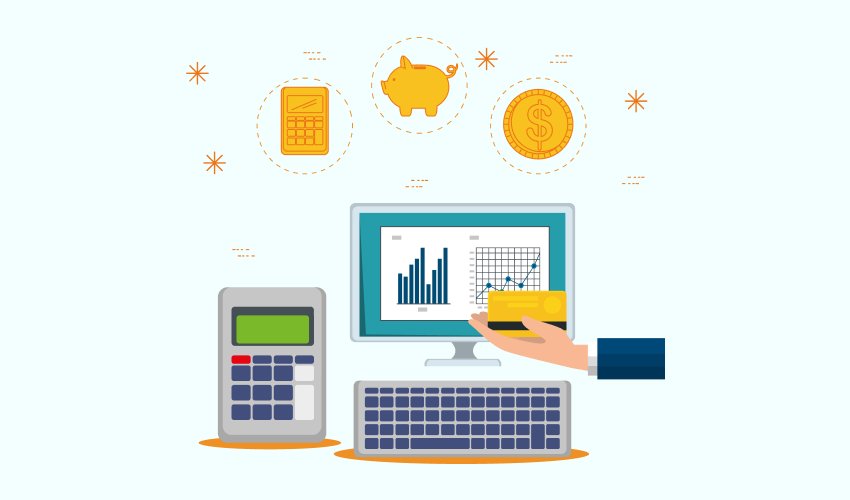
AI Technology vs. Accountants: Who Will Prevail in the Future?
The rise of Artificial Intelligence (AI) in the field of accounting has sparked discussions about the potential replacement of accountants by machines. However, the reality is far more nuanced. Rather than rendering accountants obsolete, AI technology is reshaping their role and empowering them to deliver even greater value.
While it is true that AI can automate routine tasks and perform complex data analysis with remarkable speed and accuracy, the expertise and critical thinking skills of accountants are still essential. This collaborative partnership between humans and AI creates a synergy that leverages the strengths of both, leading to more comprehensive and insightful financial analysis.
In conclusion, the integration of AI in accounting augments the role of accountants rather than replacing them. Accountants who embrace AI as a tool to enhance their capabilities will find themselves well-positioned in the evolving accounting landscape.




